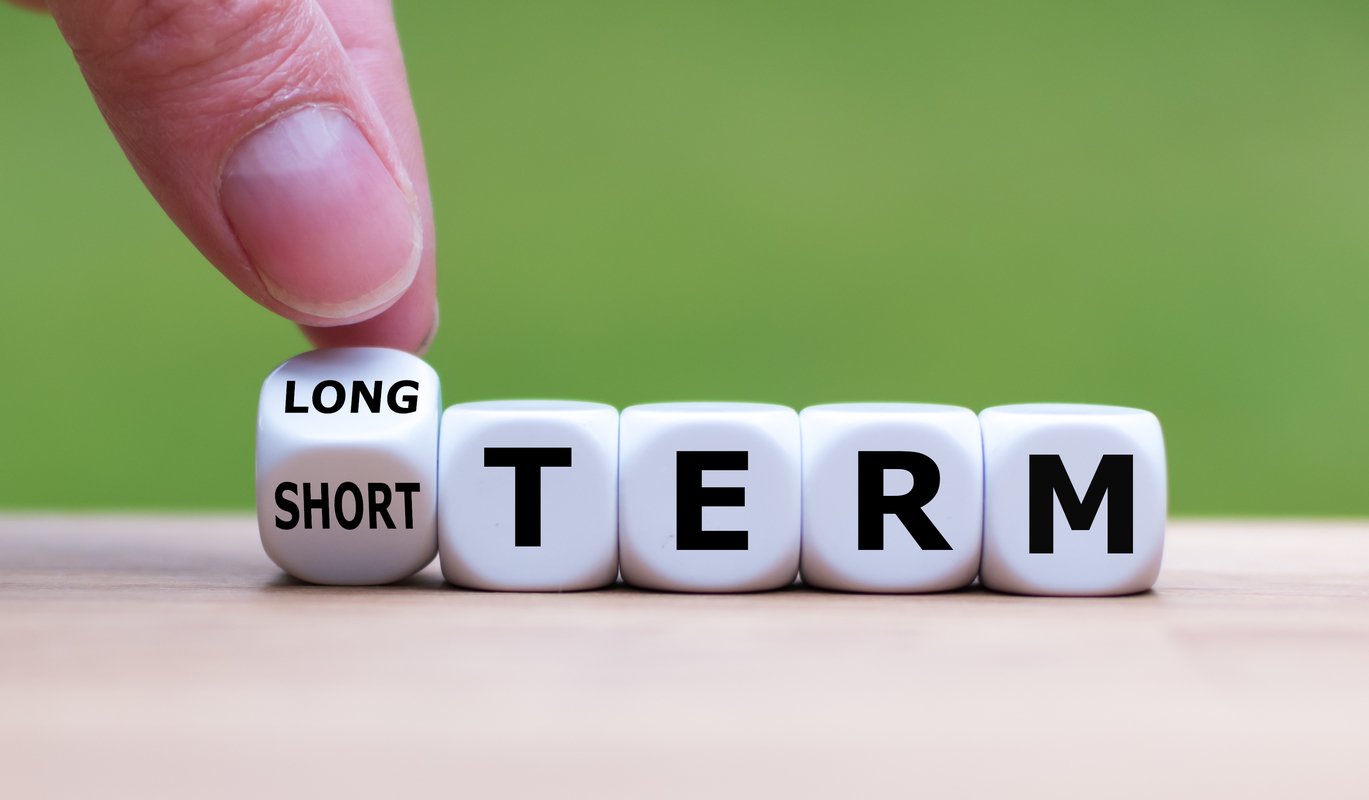An underserved group of anemic Americans recently gained access to a new red blood cell booster that works much differently than the old standard. The FDA has approved Reblozyl from Bristol Myers Squibb (BMY +2.91%) for the treatment of patients with a group of related blood cancers called myelodysplastic syndromes (MDS).
Thinking long-term
Celgene licensed Reblozyl from Acceleron Pharma in 2011 for just $25 million upfront, but it was a big reason Bristol Myers Squibb acquired Celgene for $74 billion last year.

Image source: Getty Images.
In November, the FDA approved luspatercept for an extremely small group of patients with a very different blood disorder called beta-thalassemia. The MDS population is much larger and many of these patients still require frequent blood transfusions despite treatment with old-fashioned erythropoiesis-stimulating agents.
Specifically, the FDA approved Reblozyl to treat MDS patients who still need transfusions despite previous treatment with standard care. If the FDA later expands Reblozyl's patient population to newly diagnosed MDS patients, sales of the drug could pass $1 billion by 2025.
On a winning streak
In March, the FDA approved Zeposia, an oral multiple sclerosis treatment formerly known as ozanimod and another late clinical-stage asset included in the Celgene buyout. Annual sales of Zeposia are expected to pass the $1 billion mark within a few years as a treatment for multiple sclerosis.
At the moment, Zeposia's in late-stage clinical trials with inflammatory bowel disease patients. If it's eventually approved to treat Crohn's disease and ulcerative colitis, Zeposia's sales could grow to more than $5 billion annually.






